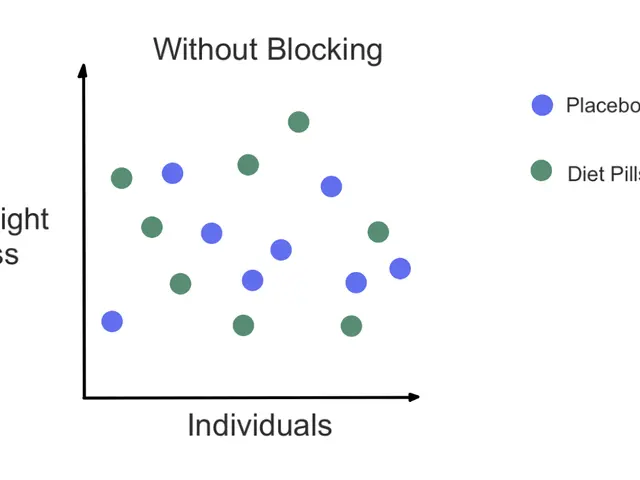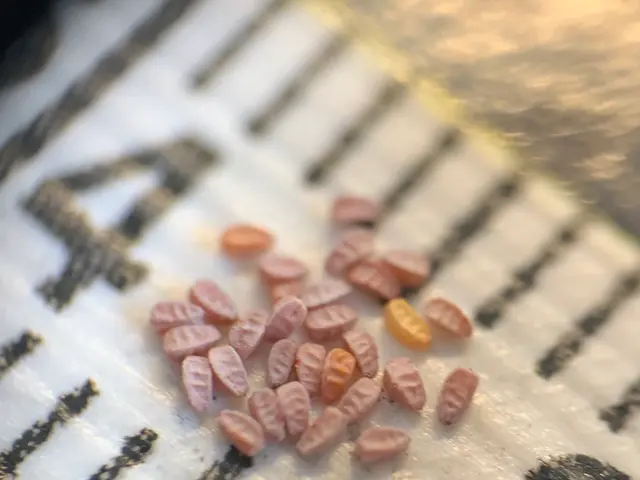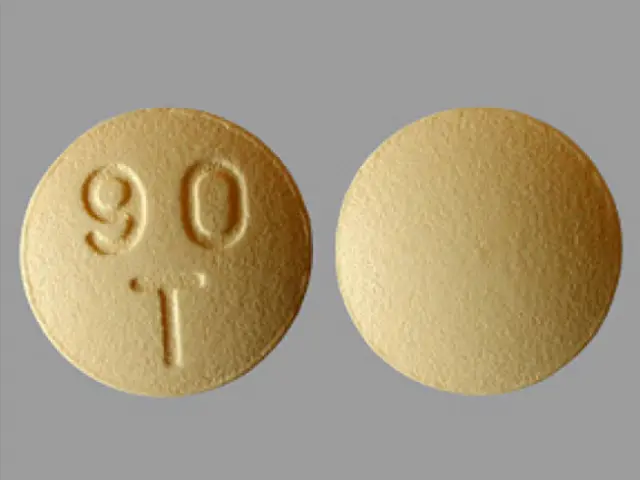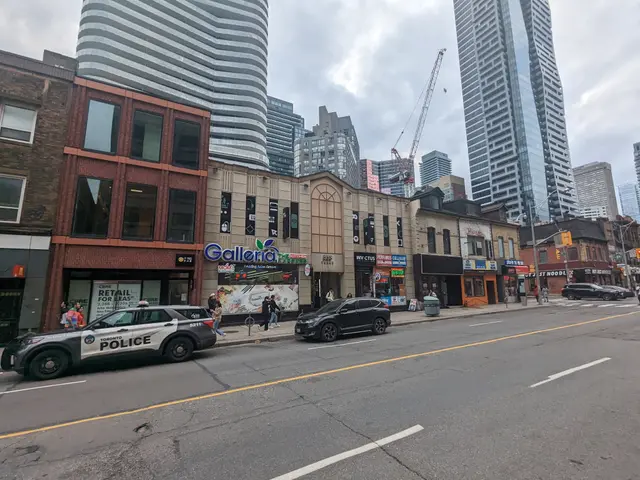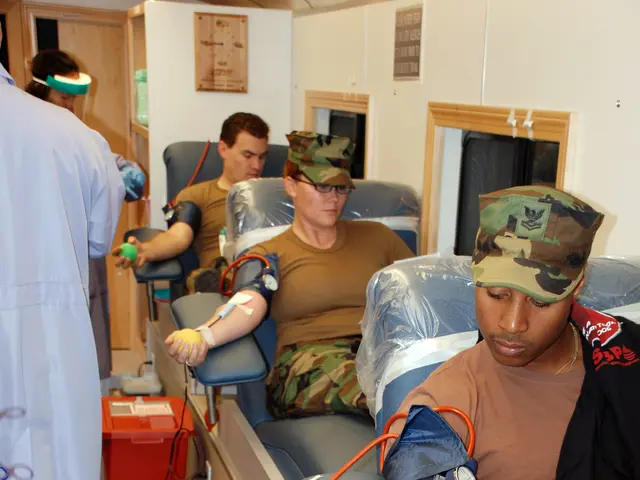Dangerous Weight Loss Shortcuts: A Global Crisis Brewing from Online Pills
Online shoppers skirt prescription requirements to acquire Ozempic for weight loss digitally
In today's fast-paced world, the quest for quick fixes stretches far and wide, and weight loss is no exception. The escalating demand for rapid weight loss has propelled a divisive wave in global health: the increasing use of diabetes medications, such as Ozempic and Mounjaro, for aesthetic purposes by those with no underlying medical necessity.
The figure of over a billion people worldwide grappling with obesity, and over 830 million managing diabetes, has catapulted the necessity for solutions like GLP-1 class medications. These drugs, initially developed for type 2 diabetes management, regulate insulin levels, delay digestion, and reduce appetite, helping certain users shed up to 15% of their body weight.
However, their life-changing side effect has made them highly sought-after by individuals seeking a speedy method to stay lean without sweating it out in the gym or depriving themselves of their favorite cuisine. In an era where diet plans and fitness routines take a backseat due to the pursuit of instant gratification, the allure of easy weight loss is too hard to resist for some.
Despite the drugs being legally restricted in most countries, obtaining them illicitly through digital means presents a surprisingly simple challenge. A quick online search uncovers a crowd of websites offering "digital consultations." Users can merely fill out a questionnaire, upload an ID, and—oftentimes without speaking to a doctor—receive a prescription. It's a process that circumvents the necessary medical evaluation, increasing the risks of misuse and misdiagnosis.
Those who aren't concerned about the legalities can dive headfirst into the thriving grey market. Private group chats on messaging apps function as digital black markets, where unregulated GLP-1 drugs are traded without prescriptions or oversight. Users exchange photos of their packages as they celebrate their latest arrivals and turn health risks into fashion statements.
Behind this trend hides a mountain of hazards. When GLP-1 medications are misused or taken without proper medical supervision, they can produce severe adverse effects, including nausea, vomiting, diarrhea, constipation, loss of appetite, and dehydration. Furthermore, crucial complications such as pancreatitis, gallbladder disease, muscle wasting, and kidney injuries can occur.
There's also the risk of bogus drugs in today's shadowy market, as regulators struggle to keep pace with this ever-growing industry. As a result, consumers may be unwittingly ingesting counterfeit or inferior products. Worrying revelations of counterfeit Ozempic pens containing insulin instead of semaglutide have led to hospitalizations around the world, with the World Health Organization urging individuals to avoid suspicious products.
As this problem surges, regulators and technology companies must join hands to address this burgeoning regulatory blind spot. Messaging platforms must tighten their security and develop robust mechanisms to prevent the dissemination of dangerous weight loss drugs. It's no longer just a matter of personal health—it's a systemic issue requiring immediate attention.
The intersection of science and health-and-wellness, particularly weight management, has taken an alarming turn with the increasing misuse of GLP-1 class medications, initially designed for type 2 diabetes management. These drugs, attracting attention due to their potential to cause significant weight loss, are being actively sought out in health-and-wellness forums and digital black markets, disregarding the risks associated with their excessive use.

